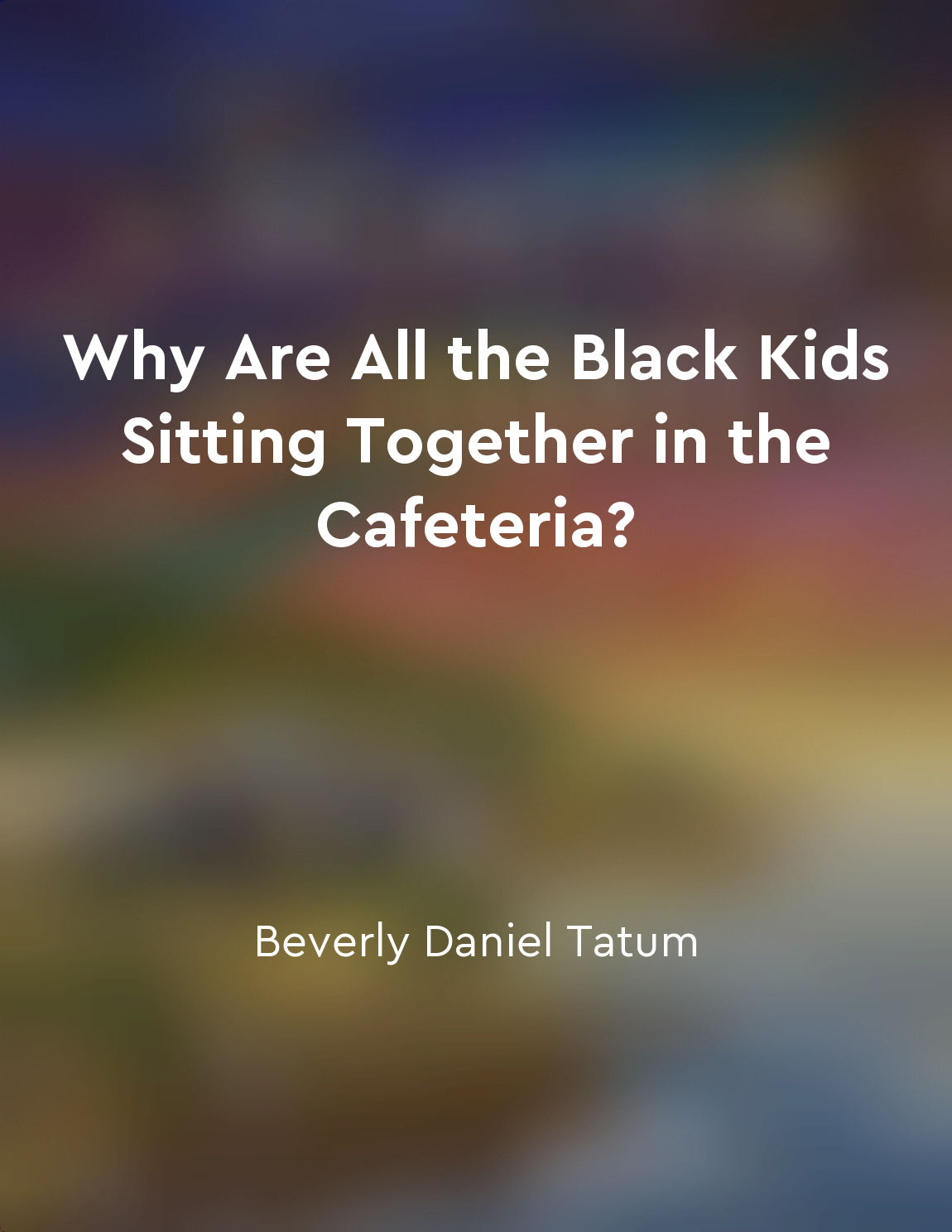School choice initiatives gained popularity from "summary" of History of American Education by David Boers
School choice initiatives gained popularity as a response to the perceived shortcomings of traditional public schools. Proponents of school choice argue that parents should have the freedom to choose the best educational option for their children, whether that be a public school, charter school, private school, or homeschooling. This movement gained momentum in the late 20th century and continues to be a contentious issue in education policy debates. One of the main arguments in favor of school choice is that it promotes competition among schools, leading to increased quality and innovation. Advocates believe that when parents have the ability to choose where their children go to school, schools will be incentivized to improve in order to attract students. This, in turn, is thought to benefit all students by raising the overall quality of education. Opponents of school choice initiatives, however, argue that such policies can exacerbate existing inequalities in education. They contend that school choice may lead to greater segregation by socioeconomic status, with wealthier families able to access high-performing schools while lower-income families are left with fewer options. Critics also raise concerns about the potential for school choice to divert resources away from traditional public schools, which serve the majority of students. Despite the controversy surrounding school choice, the concept has gained popularity in recent years. Many states have implemented various school choice programs, such as vouchers, tax credits, and scholarship programs, aimed at increasing options for families. Proponents believe that these initiatives empower parents and promote a more responsive and efficient education system. However, the debate over school choice is far from settled, with ongoing disagreements about its impact on educational equity and student outcomes.Similar Posts
Discrimination against certain groups
Discrimination against certain groups is a concept that has been the subject of much debate and controversy in the field of eco...
Literary analysis techniques
Literary analysis techniques involve a deep exploration of a piece of literature in order to uncover its meaning and significan...
Language shapes power dynamics in education
The ways in which language is used in educational contexts play a crucial role in shaping power dynamics. Language is not neutr...

Competition leads to innovation and efficiency
Competition is a powerful force that drives individuals and businesses to constantly strive for improvement. When firms are for...
Dependence on automobiles can erode urban vitality
In cities where automobiles dominate, the very fabric of urban life is often compromised. Streets once bustling with pedestrian...

Race plays a significant role in how we perceive ourselves and others
Race is a powerful social construct that shapes our identities and influences how we interact with others. From a young age, we...
Technological progress can lead to job loss
Technological progress can lead to job loss. This may seem counterintuitive, as we often associate technology with creating new...
Healthcare access is crucial for wellbeing
Healthcare access plays a vital role in determining the overall wellbeing of individuals and communities. The ability to obtain...

Impact of social media on class consciousness
The rise of social media has fundamentally altered the way people interact and perceive themselves in relation to others. This ...
Liberal arts are relevant
In today's rapidly changing world, many question the relevance of a liberal arts education. The prevailing belief is that in a ...
